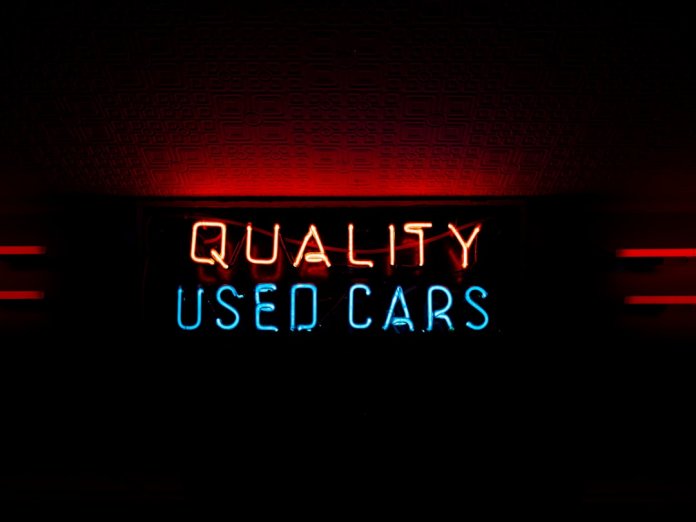As the automotive industry continues to embrace digital transformation, the role of customer relationship management (CRM) systems has evolved significantly. In 2025, automotive CRM platforms are no longer optional upgrades — they’re essential tools that allow dealerships and manufacturers to stay competitive, personalize customer experiences, and automate sales and service workflows. For companies striving to meet increasingly sophisticated consumer expectations, an effective CRM is the key to success.
What is Automotive CRM?
Automotive CRM is a specialized customer relationship management system designed specifically for car dealerships, manufacturers, and auto service centers. Unlike generic CRMs, an automotive CRM provides tailored features such as vehicle inventory tracking, test drive scheduling, finance and leasing coordination, and service history management. It acts as a single source of truth for all customer interactions — from the first inquiry to post-sale service follow-ups.
Why Automotive CRM is Crucial in 2025
With digital-first customer journeys becoming the norm, car buyers expect seamless experiences that bridge screens and showrooms. Automotive CRMs in 2025 offer advanced tools powered by artificial intelligence, predictive analytics, and machine learning to deliver just that.
- Data-Driven Personalization: CRMs collect and analyze customer data to tailor offers, messages, and services.
- Omnichannel Communication: Dealerships can engage customers via email, SMS, social media, and in-person — all from one platform.
- Lead Scoring and Automation: Smart systems rank leads based on intent and behavior, automating follow-ups and reducing manual work.

Top Features to Look for in an Automotive CRM
Choosing the right CRM in 2025 means evaluating what modern solutions offer. Businesses should ensure their CRM includes the following features:
- AI-Powered Recommendations: Tools that suggest the best vehicle or service plans based on customer history.
- Inventory Integration: Real-time linking of inventory databases with customer profiles for smarter matching.
- Mobile Compatibility: Sales reps should be able to access CRM features on-the-go from tablets or smartphones.
- Service Scheduling and Alerts: Automated appointment booking, reminders, and notifications for maintenance tasks.
- DMS Integration: A seamless link to the dealer management system for unified information flow.
Benefits of Implementing CRM in the Automotive Industry
Integrating a high-performance CRM pays dividends across customer satisfaction, sales performance, and operational efficiency. Benefits include:
- Improved Customer Retention: Timely reminders for services and personalized communication enhance loyalty.
- Better Lead Management: No missed opportunities; intelligent routing gets prospects to the right sales rep fast.
- Enhanced Marketing Campaigns: Segment customers by behavior and send targeted promotions that convert.

The Future of Automotive CRM
Looking ahead, automotive CRMs will continue to evolve with real-time voice interfaces, biometric identity recognition, and deeper integration with autonomous vehicle data and EV technology. Dealerships that adopt forward-looking CRMs will be well-positioned to lead in an industry transforming at an unprecedented rate.
Moreover, CRMs will integrate seamlessly with tools like augmented reality test drives, virtual showrooms, and blockchain-based financing applications, enabling businesses to provide futuristic yet highly personalized experiences.
Conclusion
Automotive CRM in 2025 is the glue that ties every customer interaction together into a cohesive, efficient, and hyper-personalized experience. Dealerships that invest in the right CRM tools will drive better business outcomes and foster stronger relationships with tech-savvy buyers. As the automotive buying journey becomes increasingly digital and data-driven, CRMs will continue to play a central role in shaping the success of the automotive industry.
FAQs about Automotive CRM in 2025
- Q: What makes automotive CRM different from standard CRM?
A: Automotive CRMs include vehicle-specific tools like inventory tracking, service scheduling, and financing modules not found in generic systems. - Q: Can I integrate my existing marketing tools with an automotive CRM?
A: Yes, most modern CRMs offer APIs and connectors to integrate with email marketing platforms, social media tools, and analytics dashboards. - Q: Is CRM suitable for small dealerships?
A: Absolutely. Scalable CRMs are available to suit the needs and budgets of small, mid-sized, and large operations. - Q: How secure is data in an automotive CRM?
A: Top-tier CRM platforms adhere to strict data protection regulations and offer encryption, access control, and audit trails to ensure data safety. - Q: How long does it take to implement a CRM?
A: Implementation time varies but typically ranges from a few weeks to a few months depending on customization and the size of the operation.
